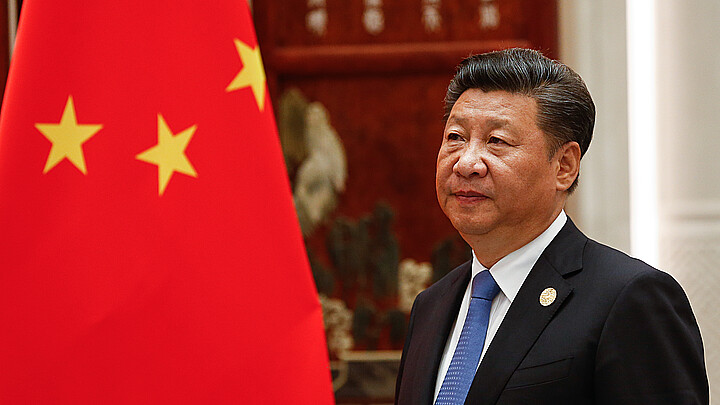Business
Microsoft president joins Elon Musk in expressing concern over low birth rates, warns of 'economic turbulence'
The executive said he agreed with Musk on the problem but "was not recommending the same solution"
July 20, 2022 9:25am
Updated: July 20, 2022 2:00pm
Microsoft President Brad Smith said on Monday that the post-pandemic labor shortage will likely continue in the future, and low birth rates in developed countries were one major reason why.
The tech leader made his argument to Reuters during an interview last week at the software company’s headquarters in Redmond, Washington, using a series of charts showing how population growth has plummeted in the U.S., Europe, China and Japan.
The U.S. population grew by about 5 million people every five years since 1950, but the rate slowed to about 2 million between 2016 and 2020 and even less now, explained Smith citing United Nations data.
“That helps explain part of why you can have low growth and a labor shortage at the height at the same time. There just aren't as many people entering the workforce,” said Smith
The tech industry fared better than others during the COVID-19 lockdowns because many jobs in the field can be done remotely. The labor market for tech workers was 1.3% in May – about one third of the national average.
But some industry groups have called on Washington to issue more skilled-worker visas, arguing the rise of remote work will lead to the offshoring of tech jobs, especially in Canada.
Other factors contributing the current labor shortage include government aid during the pandemic and the cost of childcare, noted Reuters.
Tesla and SpaceX CEO Elon Musk has repeatedly voiced similar concerns about population growth, recently saying that the current downward trend would lead to a dark future where only the elderly would remain in “adult diapers.”
The world’s wealthiest man has been fighting against America’s low birth rates in his personal life. It was revealed earlier this month that Musk secretly had twins with one of his top executives last year, bringing his total number of known children to nine.
The Microsoft executive told Reuters that he agreed with Musk on the problem but was “not recommending the same solution.”










